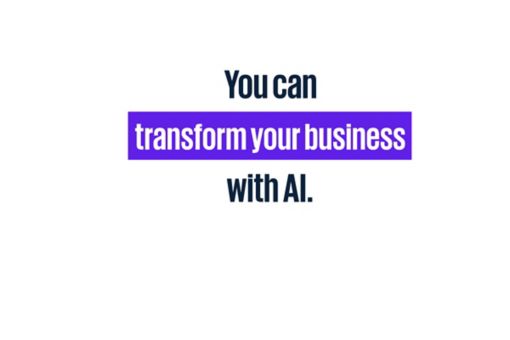-
* Legal services are provided by KPMG Law Rechtsanwaltsgesellschaft.
Generative AI is now firmly established in German companies: Many have already established AI strategies, are planning proof of concepts or are implementing initial use cases, as our study "Generative AI in the German economy" shows. Nevertheless, there is often a lack of centralised AI governance structures - embedded in a uniform corporate strategy.
The benefits of effective AI governance are clear: it enables fast decision-making and operational agility without compromising on compliance requirements. This is crucial to ensure that the introduction of organisational structures or units does not lead to unnecessary bureaucracy. Many companies have already recognised this: We are seeing an increasing demand for AI governance implementations.
Victoria Wildhirt
Partner, Financial Services, Compliance
KPMG AG Wirtschaftsprüfungsgesellschaft
Our recommendation: AI governance framework
AI governance is an essential building block for the responsible use of artificial intelligence, especially in regulated industries such as the financial sector. It is therefore advisable to develop a company-specific AI governance framework. It helps to meet the diverse requirements of the organisation while adhering to all compliance requirements, responsibly managing the complexity of AI deployment and promoting innovation within a governance ecosystem.
Our service
With the Trusted AI Framework, we have developed a better practice approach to overcome the complex challenges of AI governance. It is based on ten basic principles: Accountability, Data Integrity, Explainability, Fairness, Privacy, Reliability, Operational Security, Cybersecurity, Sustainability and Transparency.
Processes have been defined and robust controls implemented for each of these principles. In addition, the processes and controls have been harmonised with regulatory requirements, in particular the EU AI Act and the GDPR, in order to reduce regulatory risks.
Your contacts
Sascha C. Knoll
Partner, Tax Transformation
KPMG AG Wirtschaftsprüfungsgesellschaft
Dirk Distelrath
Partner, Audit, Regulatory Advisory, Digital Process Compliance
KPMG AG Wirtschaftsprüfungsgesellschaft

Matthias Lüger*
Partner
KPMG Law Rechtsanwaltsgesellschaft mbH
Connect with us
- Find office locations kpmg.findOfficeLocations
- kpmg.emailUs
- Social media @ KPMG kpmg.socialMedia





